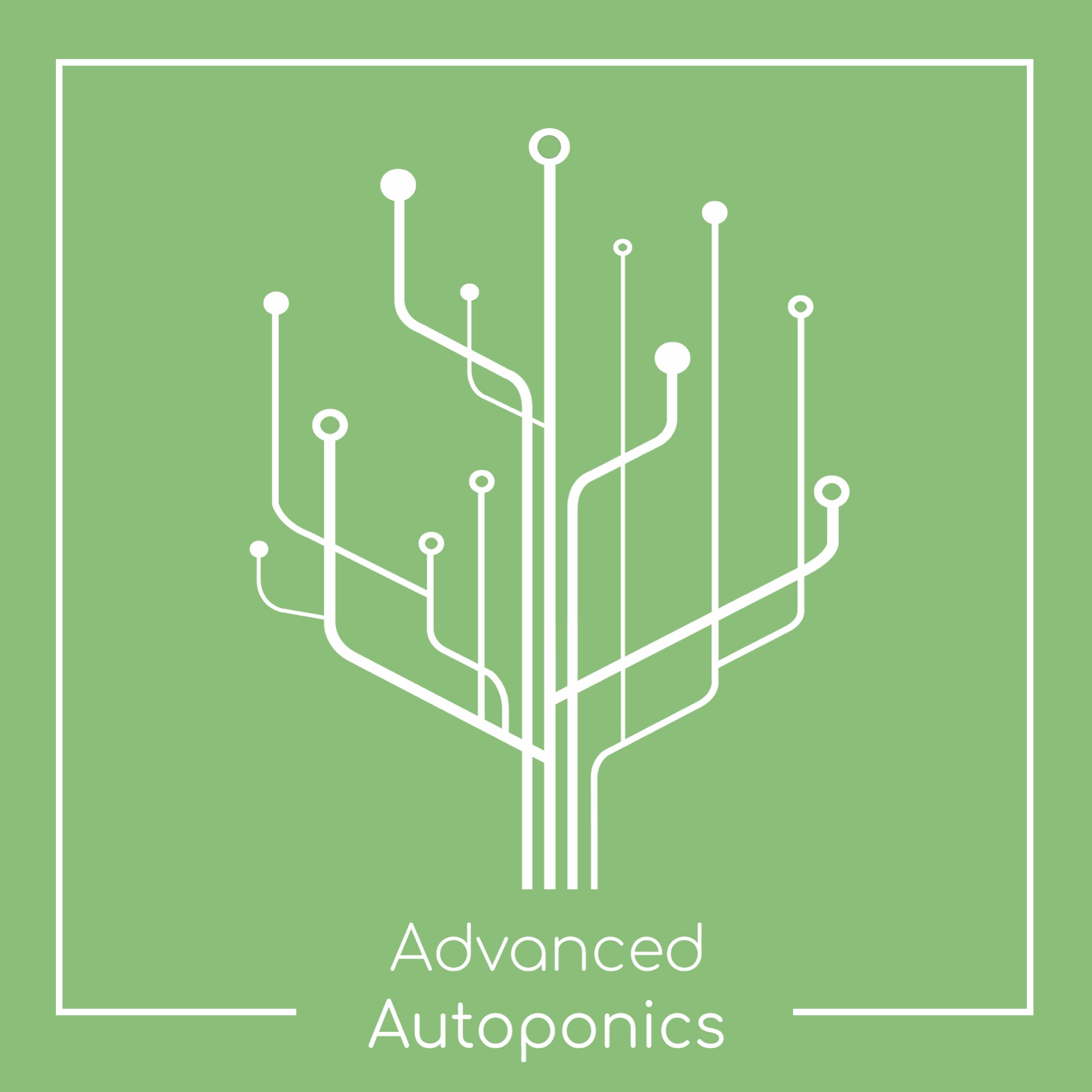Hydroponic systems have revolutionized the way we grow plants, offering a more sustainable and efficient method than traditional soil-based farming. One of the most successful applications of hydroponics has been in commercial autoponics operations, where plants are grown using automated systems that regulate water, nutrients, and lighting.
Several case studies have highlighted the success of commercial autoponics operations around the world, showcasing the potential of hydroponic systems in revolutionizing the agriculture industry. One such case is the Gotham Greens’ rooftop greenhouse in Brooklyn, New York. This facility spans over 60,000 square feet and produces a variety of leafy greens all year round. By utilizing hydroponic systems, Gotham Greens is able to control every aspect of the growing environment, from temperature and humidity to nutrient levels, resulting in higher yields and consistent quality.
Another successful commercial autoponics operation is Spread, a Japanese company that operates the world’s first fully automated lettuce farm. Located in Kameoka, Japan, Spread uses hydroponic systems to grow lettuce without human intervention, from sowing seeds to harvesting. This innovative approach not only increases efficiency but also ensures higher food safety standards by eliminating the need for pesticides and herbicides.
In Australia, Sundrop Farms has pioneered the use of hydroponic systems in commercial farming with its state-of-the-art greenhouse in Port Augusta. Using a combination of hydroponics and solar power, Sundrop Farms grows tomatoes and other produce in an arid climate without relying on traditional sources of water and energy. This sustainable approach has not only reduced the environmental impact of farming but has also proven to be economically viable for the company.
The success of these commercial autoponics operations can be attributed to the numerous benefits of hydroponic systems. By providing plants with a precisely controlled environment, hydroponics allows for faster growth rates, higher yields, and better quality produce compared to traditional farming methods. Additionally, hydroponic systems use up to 90% less water than soil-based farming, making them a more sustainable option for agriculture.
Furthermore, hydroponic systems are versatile and can be adapted to various crops and growing conditions, making them suitable for a wide range of climates and locations. As demonstrated by the case studies mentioned above, commercial autoponics operations have the potential to revolutionize the agriculture industry by providing a more efficient, sustainable, and cost-effective method of growing food.
In conclusion, the success of commercial autoponics operations showcases the potential of hydroponic systems in transforming the way we produce food. By harnessing the benefits of controlled environments and automation, these operations have proven to be not only profitable but also environmentally friendly. As the demand for sustainable agriculture continues to grow, hydroponic systems will undoubtedly play a crucial role in feeding the world’s population in a more efficient and eco-friendly manner.
For more information visit:
Advanced Autoponics
https://www.advancedautoponics.com/
Denver, United States
Our cutting-edge hydroponic technology empowers developers, designers, and architects to integrate greenery anywhere, transcending the limitations of soil. Our solution automatically establishes the ideal root environment for plants, fostering growth and sustainability while conserving water and space. Our advanced technology offers real-time monitoring and updates accessible from anywhere on the globe.
